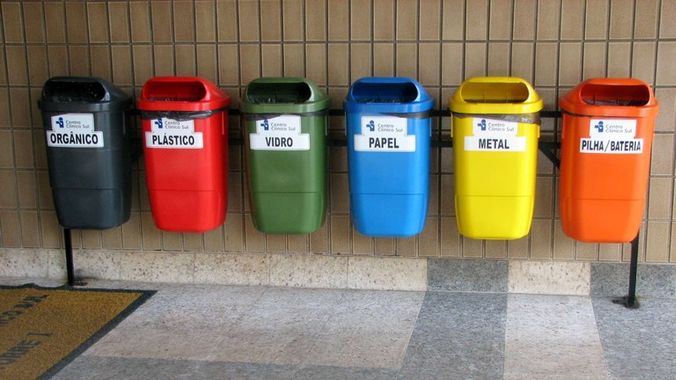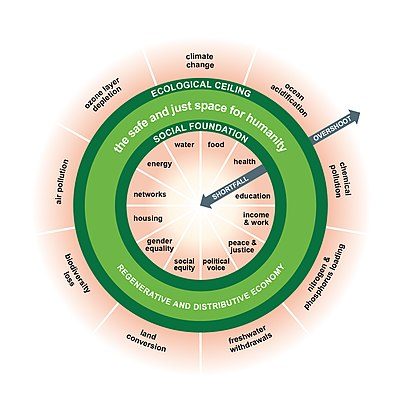
Dead Weight Loss
Accidentally I stumbled upon a disparity between the definition of Harberger’s triangle or deadweight loss as it is employed in a Dutch textbook I consulted as opposed to the way it is employed in my son’s A-level textbook or the IB textbook in our possession.









